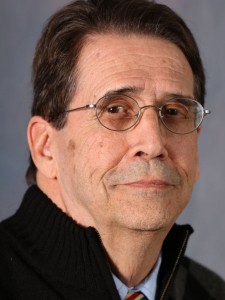By Christopher Cousins, Bangor Daily News
AUGUSTA, Maine — A bill that would have allowed Maine’s Native American tribes to open and operate a casino in Washington or Aroostook County died Monday in the Senate by a vote of 18-16.
The Senate’s vote contradicts a 114-26 House vote last Thursday in favor of the bill, which was written by the Legislature’s Veterans and Legal Affairs Committee. The two chambers of the Legislature are now at odds on the bill, which means it faces more votes but won’t be successful without attracting additional support
The bill, LD 1446, would have allowed a competitive bidding process followed by the development of a casino in Washington or Aroostook county. Bids would have been weighed depending on to what degree they would benefit Maine’s four federally recognized Indian tribes.
Rep. Henry John Bear of the Houlton Band of Maliseets said Monday that given the close Senate vote against it, he is still hopeful that the bill will survive.
“I’ll be hopeful that maybe we can work an amendment and that we can find something that’s acceptable to the Senate,” said Bear, who is the only tribal representative left in the Maine Legislature since the Passamaquoddy and Penobscot tribes pulled their representatives out of the Legislature in May.
That decision was driven by clashes over fishing rights, judicial jurisdiction and environmental conflicts, though the fact that Maine has not allowed the tribes to operate a casino — and benefit from the revenues — has been a sore spot for tribal-state relations for years. In 2014, a group of six gaming bills — three of them which would have benefitted the tribes — were all killed in a single night in the Senate.
The tribes and other casino proponents thought an opening for gaming expansion was created last year with the release of a market study that suggested the state could support one or two more casinos.
“This bill is not a bill that has come out of this legislative session,” said Bear. “This is a bill that has been in the works for decades in a continued effort to try to create jobs in a region that’s the poorest of the state.”
Meanwhile, another casino bill, LD 1280, is still awaiting debate and votes in the House and Senate. As currently written, that bill would allow for a casino in Cumberland or York County.


